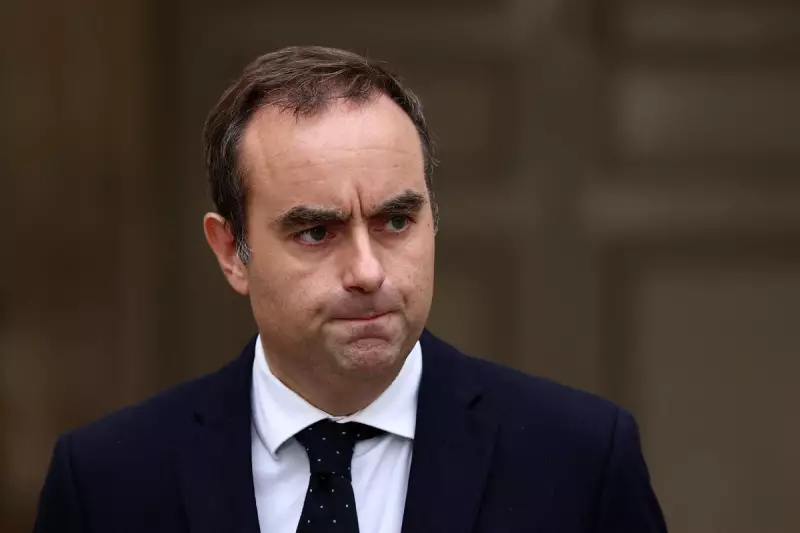
France's conservative government has narrowly avoided collapse after surviving a dramatic no-confidence vote in the National Assembly, sparked by controversial economic reforms that have divided the nation.
The motion, which required 287 votes to pass, fell just 12 votes short with 275 lawmakers supporting it, leaving Prime Minister Sebastien Lecornu's administration wounded but still standing.
Political Earthquake in Paris
The crisis erupted after the government invoked a special constitutional power to push through contentious economic legislation without a parliamentary vote. This move triggered immediate outrage from opposition parties, who accused the administration of undermining French democracy.
"This is a government that governs against the people, against the parliament," thundered Socialist leader Boris Vallaud during the heated debate preceding the vote.
Fragile Victory for Macron's Allies
While the government survived the immediate threat, the close result exposes significant vulnerability within the ruling coalition. The narrow margin suggests Prime Minister Lecornu will face immense pressure to modify his economic agenda and build broader consensus.
The failed motion was the second attempt to topple the government within 24 hours, following an earlier effort by the far-right National Rally party that also fell short.
What's Next for France?
Political analysts warn that the government's weakened position could hamper its ability to implement further economic reforms. The close call serves as a stark reminder of the fragmented nature of France's current political landscape.
With the government now operating on borrowed time and diminished authority, all eyes turn to how President Macron and Prime Minister Lecornu will navigate the treacherous political waters ahead.





